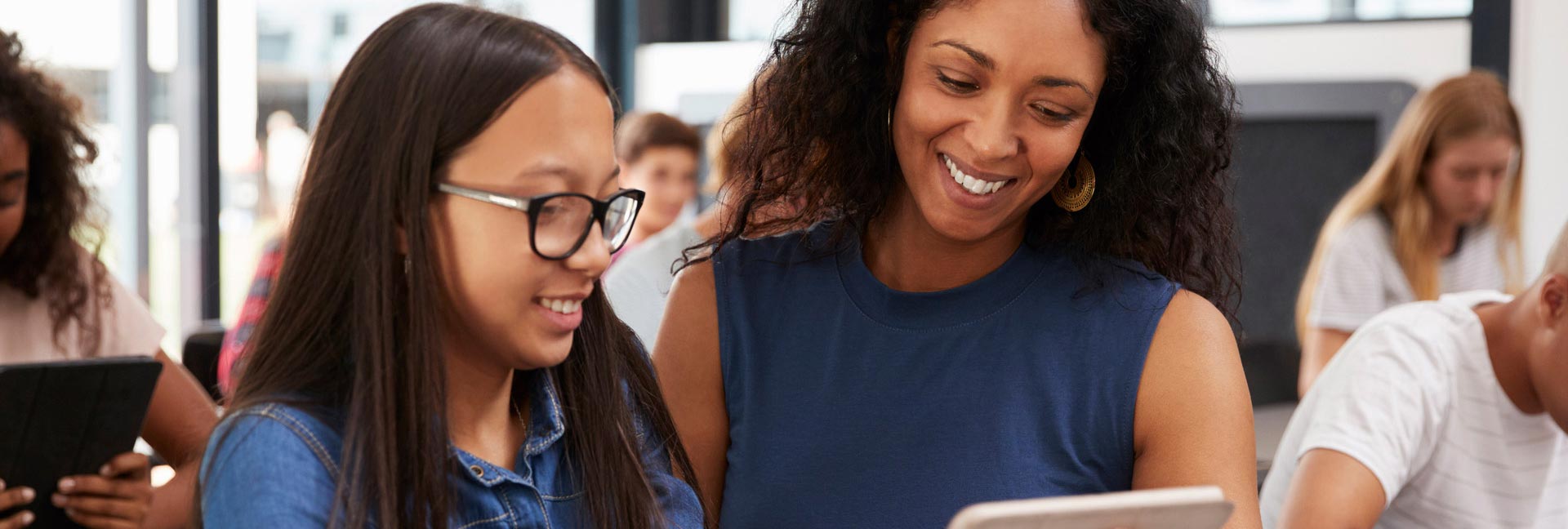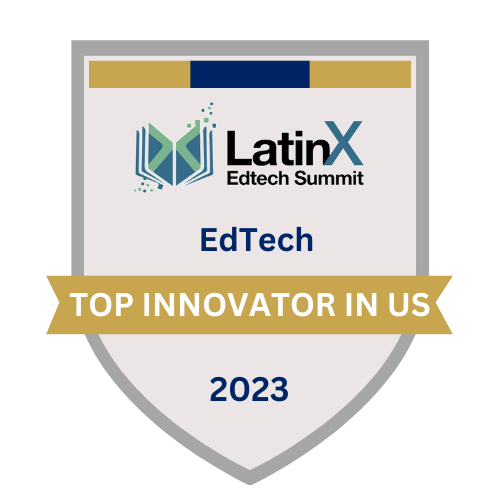Self-Testing: A Science of Learning Guide
Did You Know?
Students are rarely taught how to learn in school, leading them to rely on ineffective strategies such as underlining, highlighting, and re-reading (Kornell & Bjork, 2007). Fortunately, effective study skills, such as self-testing, can be taught to improve the reliability and durability of the learned information.
How do students retain information?
People often equate learning to encoding (i.e., processing information for storage in long-term memory). However, the Science of Learning suggests that retrieval (i.e., extracting information from long-term memory) is equally important.
Effective study skills incorporate evidence-based strategies that practice retrieval of information. Download our guide to learn more about incorporating retrieval strategies into study habits, including Interleaving, Spacing, Elaboration, and Self-Testing. Also, learn about the effective use of flashcards, a common way students practice self-testing.
Get your copy of the self-testing guide
COGx and Study Skills
BLENDED STUDENT PROGRAM
Students learn how the brain processes information and what behaviors promote optimal learning. The program consists of 6 modules of active and collaborative learning. For a blended implementation, educators receive a facilitator’s guide that includes lesson plans and activities.
INDIVIDUALIZED PROGRAMS
Our customized programs target cognition, develop metacognition, and teach students to learn effectively. We develop learners who understand the architecture of how they learn, possess a “toolbox” of strategies to reliably store and retrieve information, and monitor their own learning.
EDUCATOR PROGRAM
Educators learn from a team of global experts on the Science of Learning and apply it to their instructional practices. It consists of 12 self-led modules, which are complemented with synchronous group collaboration, assignments, and workshops to support educators.






